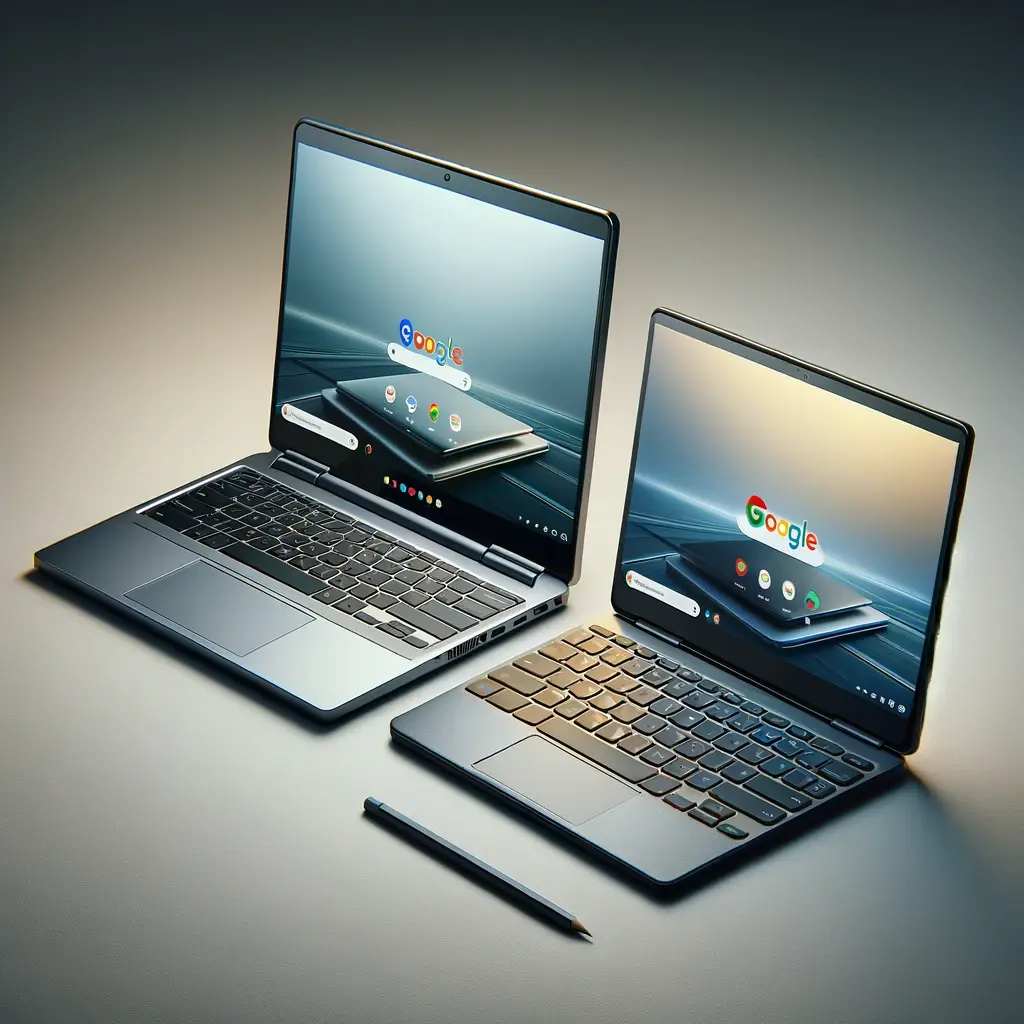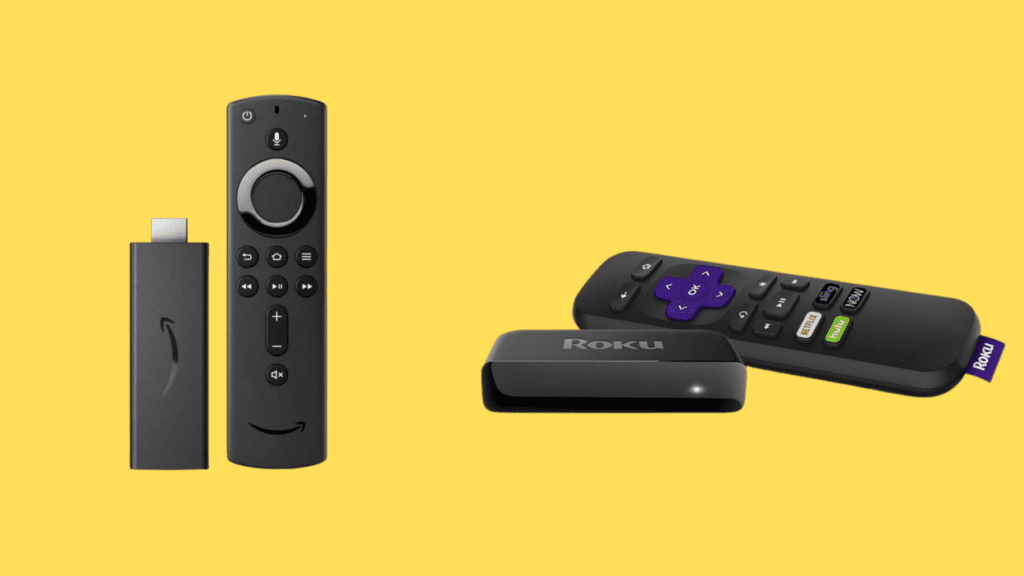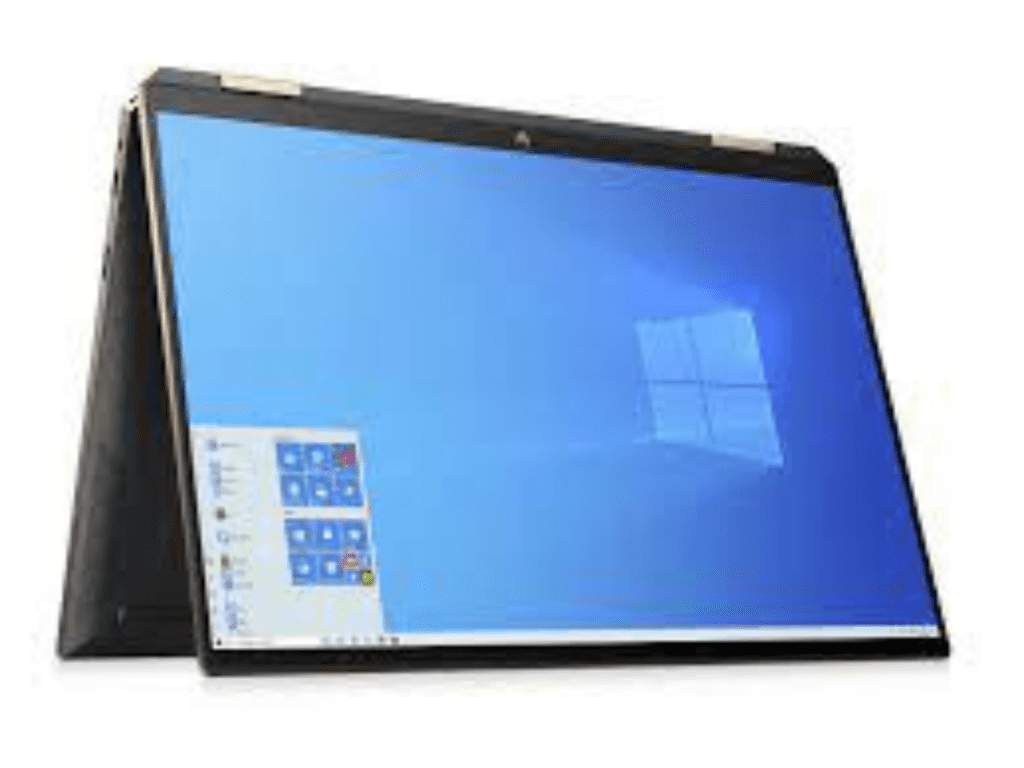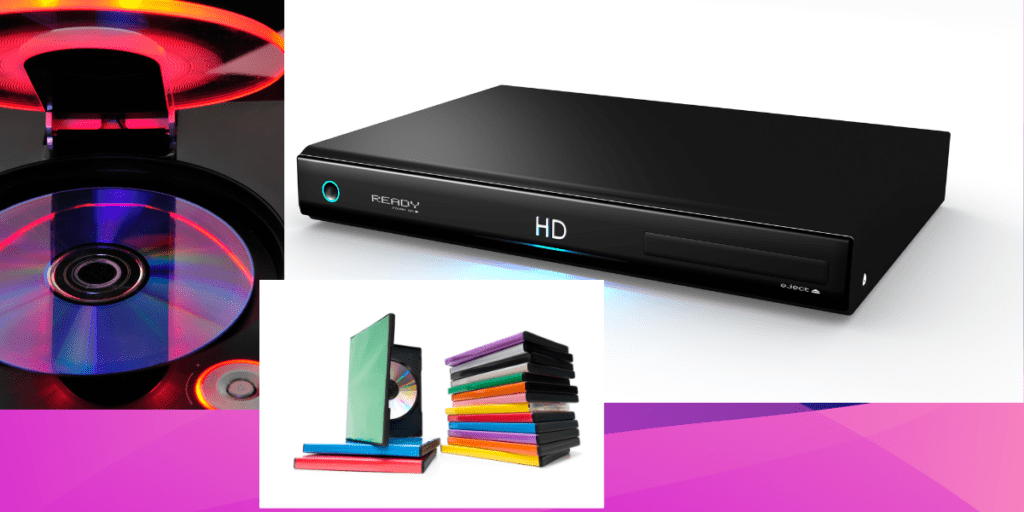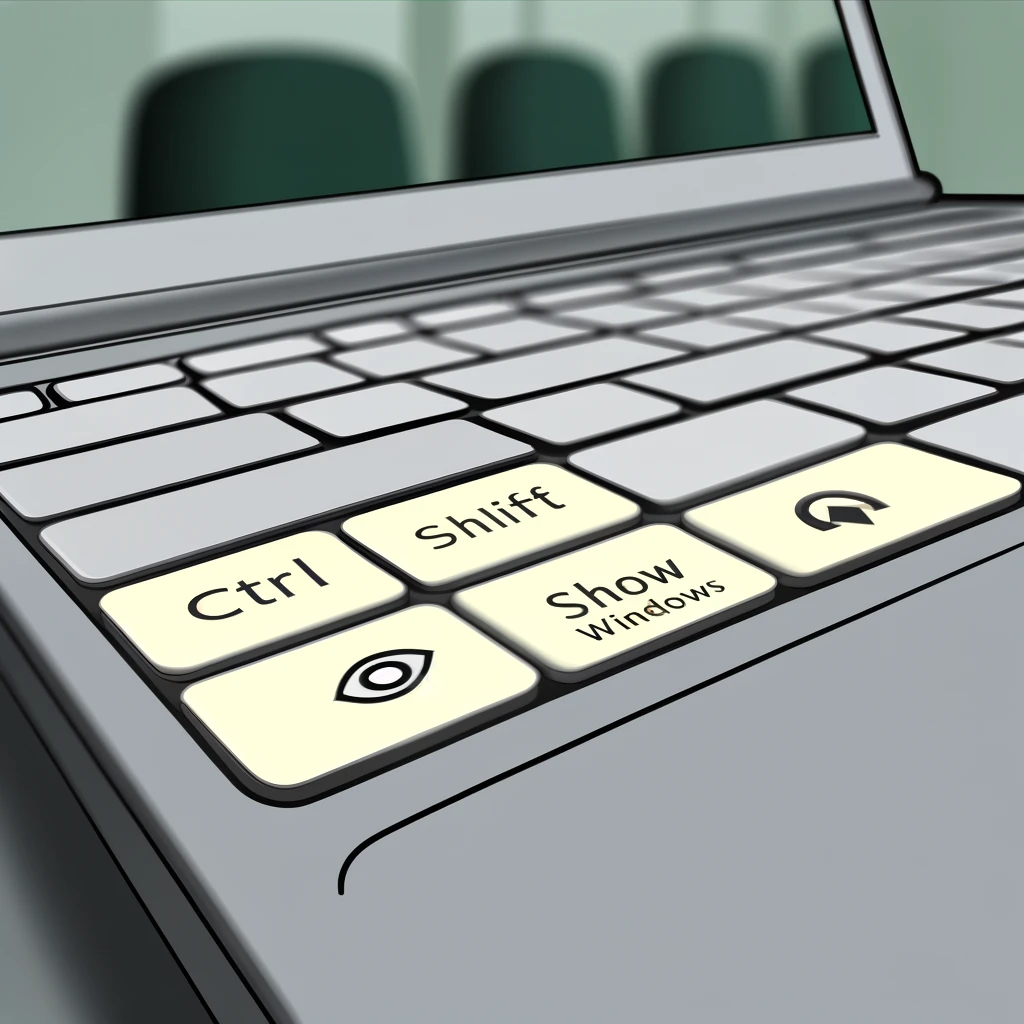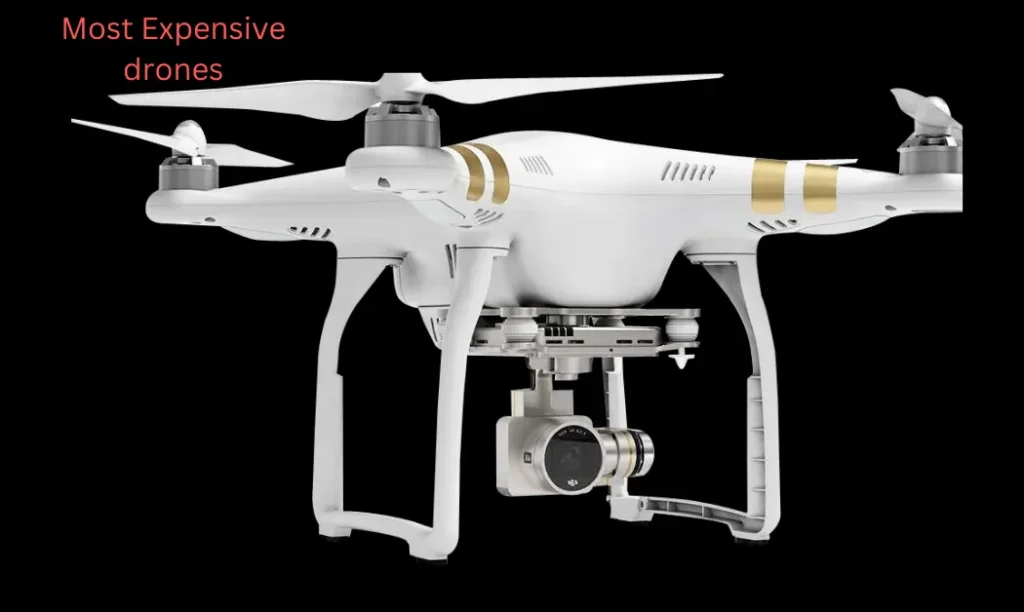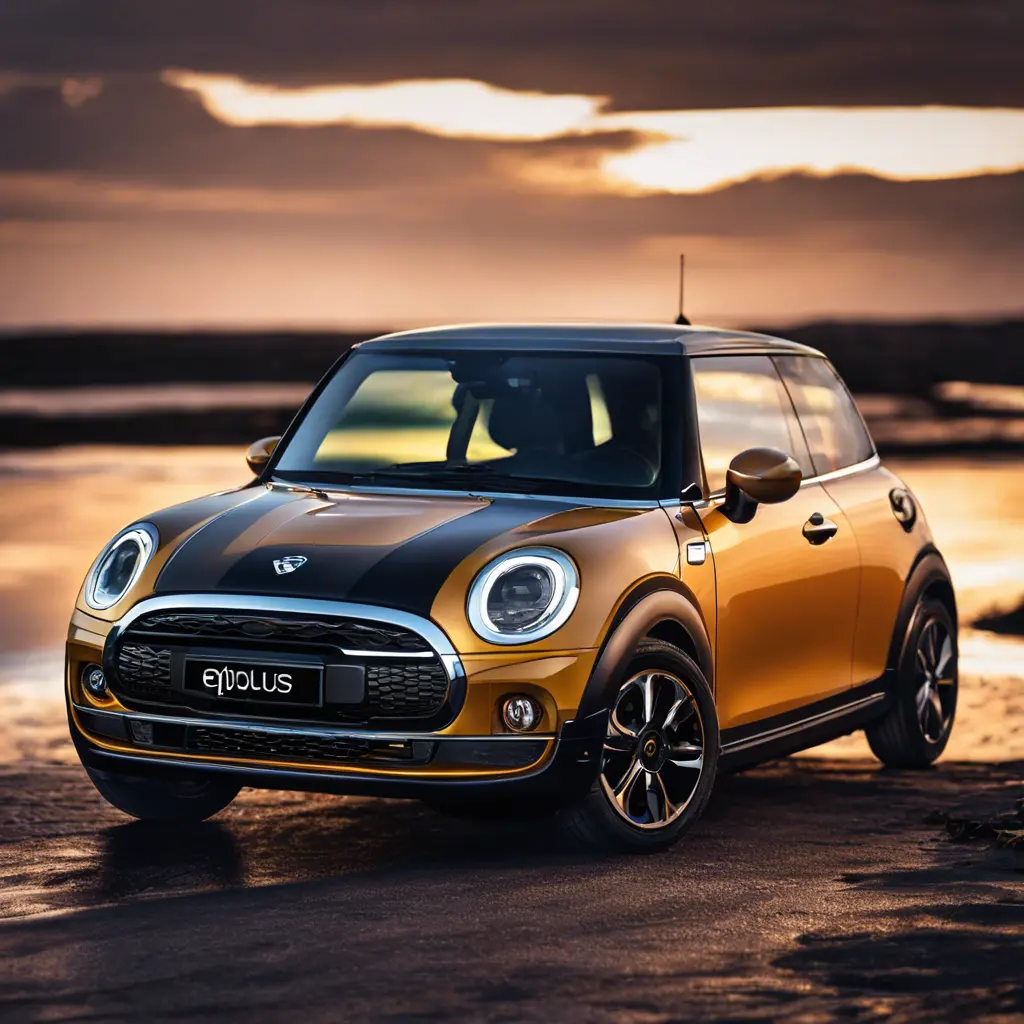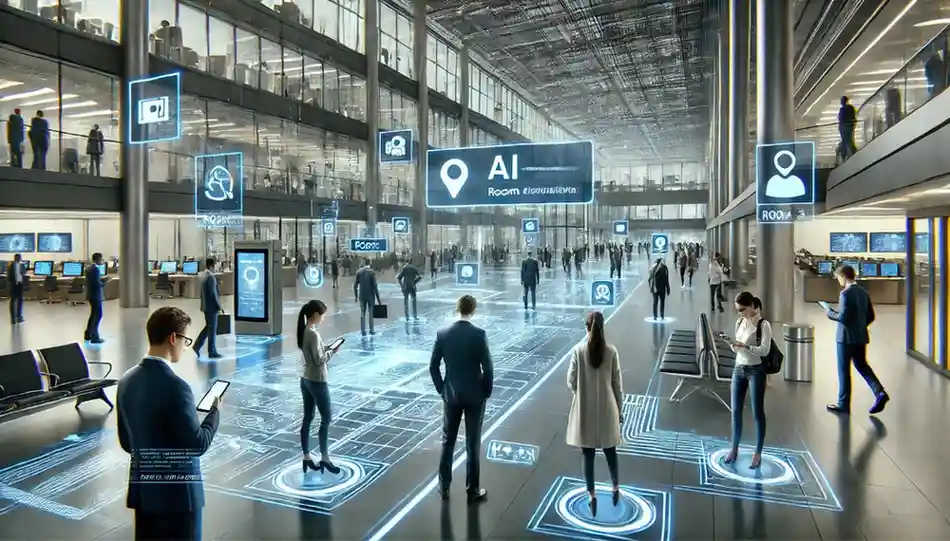Hey there, all you tech enthusiasts and everyday users! Do you need help deciding between a Chromebook and a regular laptop? Well, you’ve come to the place! Today, we’ll be delving into Chromebooks and laptops, exploring their differences, unique features, and everything. Whether you’re a student, a professional, or someone who loves staying connected, this guide is tailor-made for you. So please sit back, grab a snack, and let’s solve this tech puzzle together!
Table of Contents
Understanding the Basics: Chromebook vs. Laptop
Before we dive into the specifics, let’s start with the fundamentals. Although Chromebooks and laptops may appear similar, they are like cousins. Connected, but each with a distinct personality.
Chromebooks: These are the newcomers on the scene. They are powered by Google Chrome OS and designed with cloud computing in mind. Think of them as the youngsters of the tech world who excel at internet-based tasks.
Laptops: On the other hand, laptops are traditional options that run on operating systems such as Windows or macOS. They can be compared to experienced players in the realm of technology.
Performance and Speed: The Importance of Speed
Chromebooks:
These devices are like sprinters – fast and efficient for web browsing, editing documents, and streaming videos. They start up quickly, instantaneously!
Laptops:
With their hardware, traditional laptops are like marathon runners. They can handle demanding software and multitask effortlessly.
- The Core Element: Operating System
- Chrome OS:
Regarding operating systems, Chromebooks are equipped with Chrome OS, which can be seen as a version of the Chrome browser. It focuses primarily on providing functionality.
But don’t worry about being disconnected from the internet – Chromebooks also support apps for your convenience.
- Windows/macOS:
On the other hand, traditional laptops typically run on Windows or macOS, offering an operating system experience. Like versatile Swiss Army knives of operating systems, they are ready to handle tasks.
2. Performance and Speed: Need for Velocity
- Chromebooks:
Chromebooks are akin to sprinters in terms of performance and speed. They excel at web browsing, document editing, and video streaming tasks. You’ll be amazed at how they boot up – it’s faster than you can even utter the word “Chromebook”!
- Laptops:
In contrast, laptops with hardware resemble marathon runners. They effortlessly handle resource software—Excel and multitask like a seasoned professional.
3. Apps and Software: The Toolbox
- Chromebook:
Think of a toolbox of portable tools. That’s what a Chromebook is, like giving you access to web-based applications and the Google Play Store.
- Laptops:
Now, imagine a toolbox with tools of different sizes. Laptops can run various software, from apps to heavy-duty programming and design software.
4. Storage and Cloud Integration: Where Do You Keep Your Stuff?
Chromebooks:
They embrace the cloud like a friend you haven’t seen in ages. With most of your data stored, it may sacrifice some onboard storage. However, the convenience of accessing everything from anywhere is worth it!
Laptops:
Think of them as the attic of a house providing ample onboard storage for all your files, programs, and everything else you need.
5. Battery Life: The Long Haul
- Chromebooks:
With their lightweight OS and efficient power use, they are like camels, going for long stretches without recharging.
- Laptops:
Depending on the model, laptops can be long-distance runners or short sprinters in terms of battery life. More power often means more frequent charging.
6. Price: What’s the Damage to Your Wallet?
- Chromebooks
Chromebooks are generally more affordable, like the happy hour of tech – great value for what you get.
- Laptops:
They can range from budget-friendly to bank-breaking. It’s all about what you need and how much you want to spend.
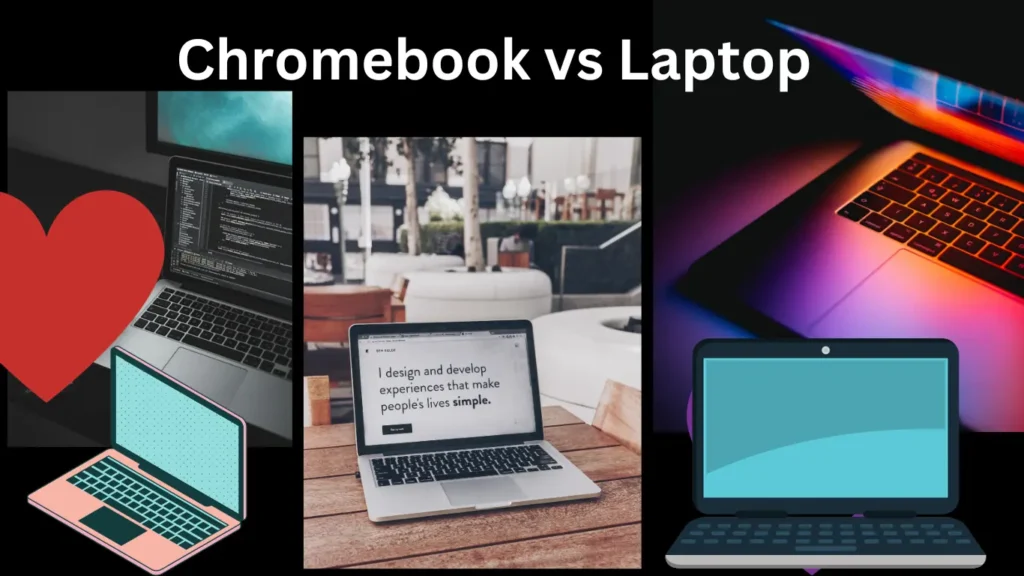
7. Who Should Purchase Which Device? Discovering the Right Tech for You
Chromebooks :
Chromebooks are ideal for students, casual users, and individuals who rely heavily on cloud-based services. If you enjoy streaming, browsing the internet, and engaging in productivity tasks, then a Chromebook is your choice.
Laptops:
It is best suited for power users, professionals, and gamers. Opting for a computer is the way to go if you require software applications, excellent multitasking capabilities, and ample storage space.
In conclusion;
Deciding between a Chromebook and a laptop is similar to choosing between a sports car and an SUV – it ultimately depends on your needs and lifestyle. Chromebooks offer simplicity, speed, and seamless integration with the cloud, making them ideal for web users. On the other hand, laptops provide versatility, power, and storage capacity, catering to those who require robust technology.
So which option will you go for? Regardless of your choice, always remember that finding the tool for your journey is crucial. Enjoy exploring the world of technology!
FAQ: Chromebook vs. Laptop
Q1: What’s the main difference?
A1: Chromebooks are cloud-focused and fast for web tasks. Laptops run Windows/macOS, which is versatile for various uses.
Q2: How’s the performance?
A2: Chromebooks sprint for quick tasks. Laptops, like marathon runners, handle demanding software.
Q3: Core Operating Systems?
A3: Chromebooks use Chrome OS and laptops run on Windows/macOS.
Q4: App and Software differences?
A4: Chromebooks offer web apps and Play Store. Laptops run a variety, from apps to heavy-duty software.
Q5: Storage and Cloud Integration?
A5: Chromebooks prioritize the cloud, and laptops have ample onboard storage.
Q6: Battery Life comparison?
A6: Chromebooks last longer; laptops vary.
Q7: Price difference?
A7: Chromebooks are generally more affordable.
Q8: Who should choose which?
A8: Chromebooks for students and casual users. Laptops for power users and professionals.
Q9: Final Takeaway?
A9: Choose based on needs – Chromebooks for simplicity, speed, and cloud—laptops for versatility, power, and storage.
Q10: Any advice for tech exploration?
A10: Find the tool that suits your needs and enjoy the tech journey!
